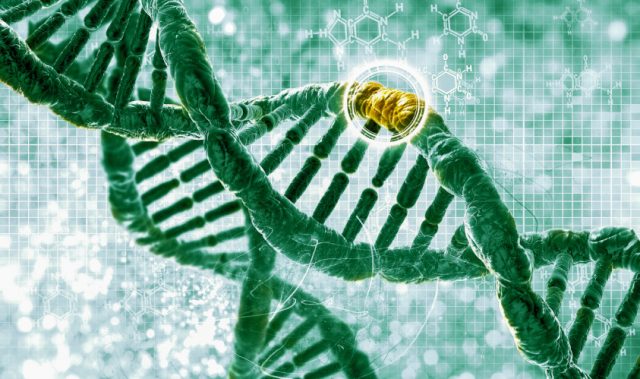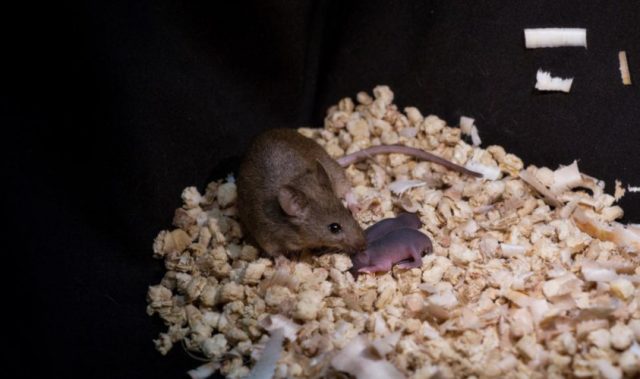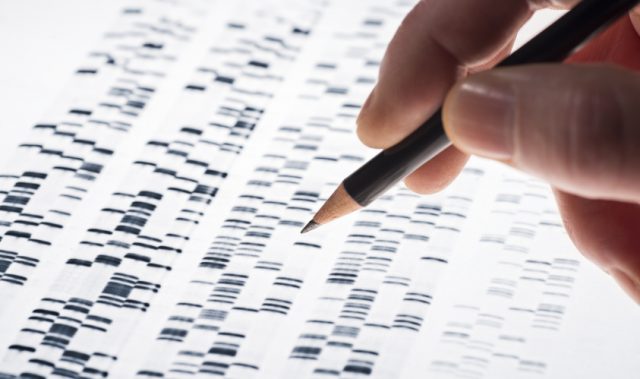
AsianScientist (Oct. 31, 2017) – In a study published in the Proceedings of the National Academy of Sciences, scientists in China have created genetically modified pigs that are lean and more resistant to cold.
There are two distinct types of fat in most mammals: white adipose tissue (WAT) for energy storage and brown adipose tissue (BAT) for energy expenditure. BAT plays a critical role in the regulation of body temperature and the combating of obesity through burning fat. These processes rely on the function of uncoupling protein 1 (UCP1).
Pigs lack functional UCP1 and brown fat, which makes them susceptible to cold and prone to fat deposition, resulting in higher neonatal mortality and decreased production efficiency for pig farmers. However, some pig breeds, such as the Tibetan pig and the Min pig, are well-known to be cold tolerant. The exact metabolic mechanisms by which these pigs have adapted to the cold environment were unknown.
Collaborating with Dr. Jin Wanzhu from the Institute of Zoology of the Chinese Academy of Sciences and Dr. Wang Yanfang from the Institute of Animal Science of Chinese Academy of Agricultural Sciences, Dr. Zhao Jianguo from the Institute of Zoology, have revealed that cold-tolerant pigs utilize UCP3 (a member of UCP family) in beige adipocytes as the primary mechanism to generate body heat.
Furthermore, due to the critical role of UCP1 in protecting against cold and regulating energy homeostasis, scientists generated UCP1 site-specific knock in (KI) pigs by a CRISPR/Cas9-mediated, homologous recombination-independent approach.
The resultant UCP1 KI pigs showed an improved ability to maintain body temperature. Fat deposition was reduced by 4.89 percent and lean body mass was increased by 3.38 percent without affecting physiology or fertility.
The development of this pig model could lead to the improvement of economically important pig meat traits, said the researchers.
The article can be found at: Zheng et al. (2017) Reconstitution of Functional UCP1 Using CRISPR/Cas9 in the White Adipose Tissue of Pigs Decreases Fat Deposition and Improves Thermogenic Capacity.
———
Source: Chinese Academy of Sciences; Photo: Pixabay.
Disclaimer: This article does not necessarily reflect the views of AsianScientist or its staff.












